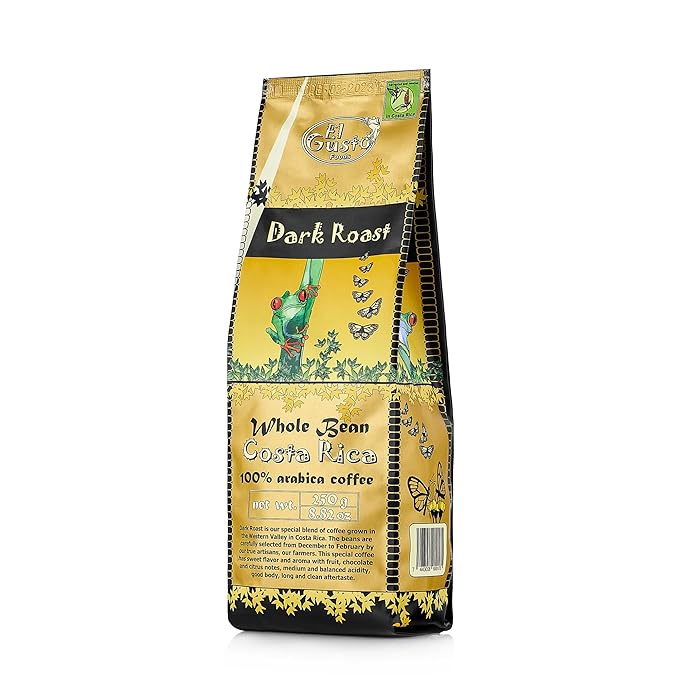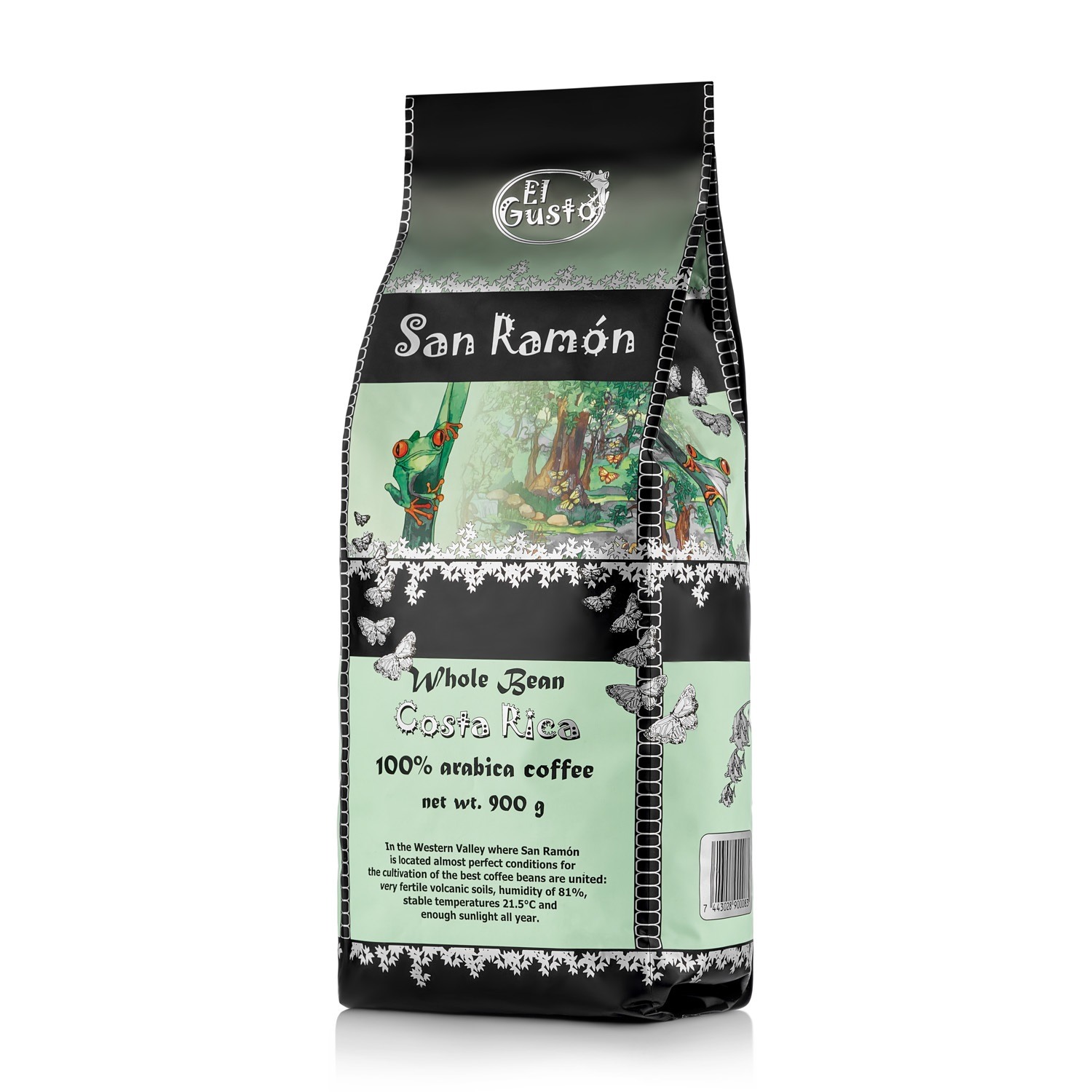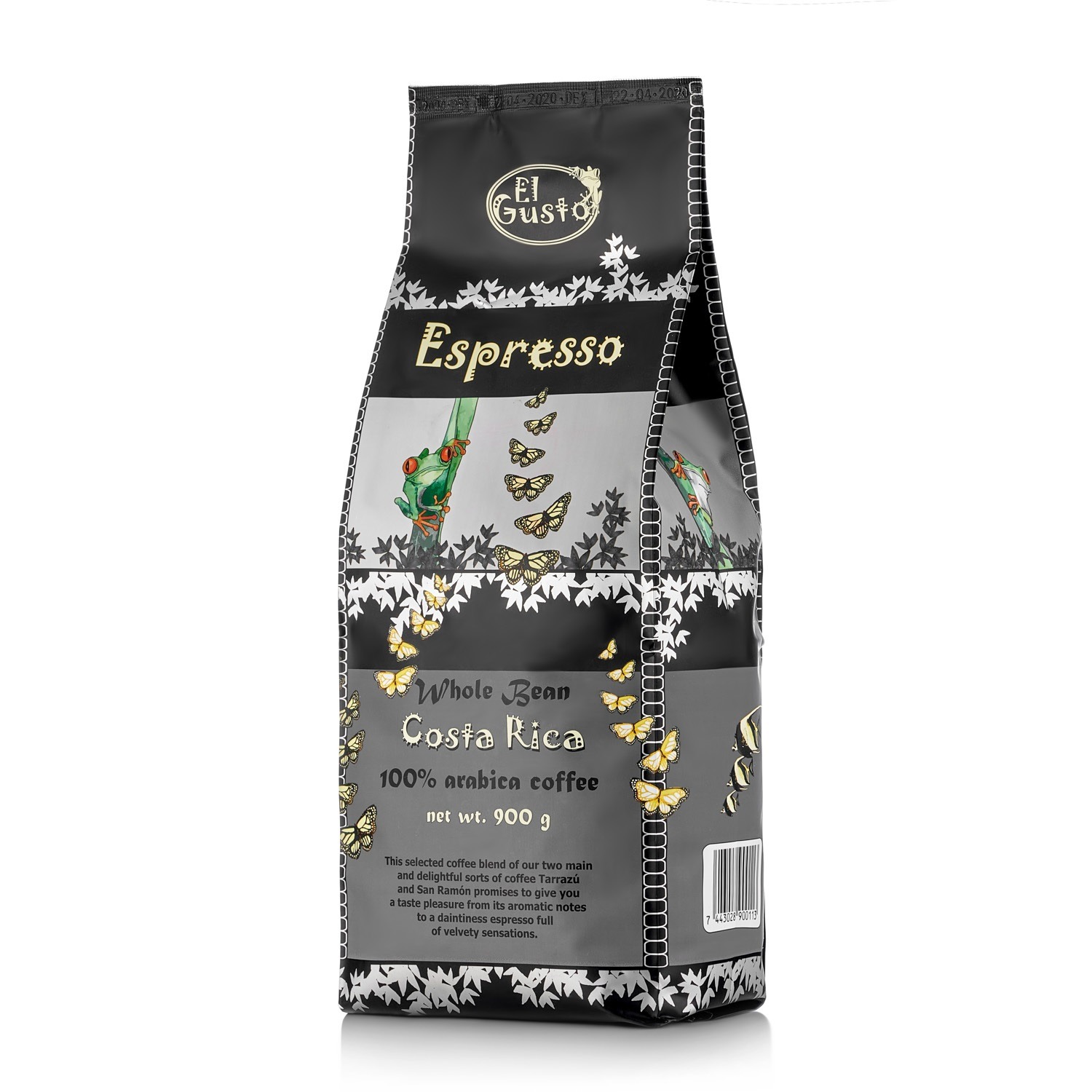
The Future of Coffee: What’s Next for the Industry?
The Future of Coffee: What’s Next for the Industry?
- Adam Smith
- 03-02-2025
- 03-02-2025
- 11358 views
- Information

Coffee has been an integral part of global culture for centuries, but as technology advances and consumer preferences shift, the coffee industry is undergoing a transformation. From sustainable practices to innovative brewing methods, the future of coffee is shaping up to be more exciting than ever. Let’s explore what lies ahead for coffee lovers, farmers, and businesses alike.
1. Sustainability and Ethical Sourcing
As climate change continues to impact coffee-growing regions, sustainability has become a major focus for the industry. Traditional coffee farming methods are being challenged by rising temperatures, unpredictable weather patterns, and deforestation.
- Climate-Resilient Coffee Beans: Scientists and agricultural experts are working on developing coffee bean varieties that can withstand extreme climate conditions. These hybrid beans promise better yield and quality while reducing the environmental footprint.
- Fair Trade and Direct Trade: Consumers are increasingly demanding ethically sourced coffee. The rise of direct trade coffee ensures that farmers receive fair compensation for their work while maintaining transparency in the supply chain.
- Regenerative Agriculture: Some coffee farms are shifting to regenerative farming practices, which focus on soil health, biodiversity, and carbon sequestration to combat the negative effects of traditional farming.
2. Technology-Driven Coffee Production
Technology is revolutionizing the way coffee is grown, processed, and brewed.
- AI-Powered Farming: Artificial Intelligence (AI) is being used to monitor soil health, predict harvest yields, and optimize irrigation systems.
- Blockchain for Transparency: Blockchain technology is helping brands provide complete transparency in their supply chains. Consumers can scan QR codes on packaging to track the journey of their coffee from farm to cup.
- Lab-Grown Coffee: Scientists are developing cell-cultured coffee, a process where coffee is grown in a lab setting without traditional farming. This could reduce environmental impact and offer a solution to coffee shortages caused by climate change.
3. The Rise of Specialty Coffee
The specialty coffee industry is booming as consumers develop a more refined palate and seek high-quality, unique coffee experiences.
- Single-Origin Coffee Popularity: Coffee enthusiasts are moving away from blends and opting for single-origin beans to experience distinct flavors from specific regions.
- Alternative Processing Methods: Methods such as honey processing, anaerobic fermentation, and carbonic maceration are being explored to bring out new flavors in coffee.
- Third-Wave Coffee Movement: The third wave of coffee focuses on craftsmanship, transparency, and innovation, treating coffee as an artisan product rather than a commodity.
4. Innovative Brewing Techniques
The way we brew coffee is evolving, with new methods gaining traction among home brewers and baristas alike.
- Smart Coffee Machines: IoT-enabled coffee makers are making it easier to brew the perfect cup with precision temperature control, grind size adjustments, and customizable settings.
- Cold Brew Evolution: Cold brew coffee has grown beyond a trend, with nitro cold brew and flash-brew methods gaining popularity.
- Coffee Concentrates: Companies are introducing high-quality coffee concentrates that provide a fresh and convenient alternative to instant coffee.
5. Sustainable Packaging and Waste Reduction
The coffee industry is notorious for its waste, but brands are working towards more sustainable solutions.
- Biodegradable Coffee Pods: With the rise of single-serve coffee, biodegradable and compostable pods are becoming a necessity.
- Zero-Waste Cafés: Many coffee shops are embracing sustainability by eliminating disposable cups and encouraging customers to bring their own mugs.
- Coffee Grounds Recycling: Used coffee grounds are being repurposed for skincare, fertilizer, and even biofuels.
6. Functional Coffee and Health Benefits
Coffee is no longer just about caffeine; it is now being infused with health-boosting ingredients.
- Adaptogenic Coffee: Some brands are adding adaptogens like ashwagandha, reishi mushrooms, and ginseng to enhance stress relief and focus.
- CBD-Infused Coffee: Cannabidiol (CBD) is being combined with coffee to provide relaxation benefits without the jitters.
- Protein and Collagen Coffee: Fitness enthusiasts are turning to high-protein coffee for a post-workout energy boost.
7. The Future of Coffee Culture
As coffee consumption habits change, so does coffee culture. The rise of digital coffee communities, virtual coffee tastings, and coffee-based social media trends is reshaping how people connect over coffee.
- Virtual Coffee Tastings: Brands are offering online tasting experiences where customers can sample different brews from home.
- Coffee Subscription Services: Personalized coffee subscriptions deliver high-quality beans straight to consumers’ doors, curated based on their preferences.
- Coffee NFTs: Some coffee brands are experimenting with NFTs (non-fungible tokens) to offer exclusive experiences and limited-edition products to coffee enthusiasts.
Conclusion
The coffee industry is experiencing a dynamic shift driven by sustainability, technology, and consumer preferences. Whether it’s lab-grown beans, AI-powered farms, or eco-friendly packaging, the future of coffee promises innovation while staying true to its rich heritage. As coffee lovers, staying informed and supporting ethical, sustainable brands can help shape the industry for the better. So, what will your next cup of coffee look like?






















